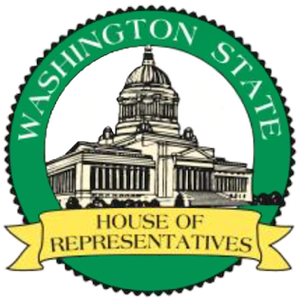The Washington State House Commerce and Gaming Committee (WA House COG) considers issues relating to the regulation of commerce in alcohol, tobacco and cannabis, as well as issues relating to the regulation and oversight of gaming, including tribal compacts.
Executive Session
- SB 5372 - "Concerning hemp processor registration and a hemp extract certification."
Work Session
- "Update from the Director of the Washington State Liquor and Cannabis Board."
